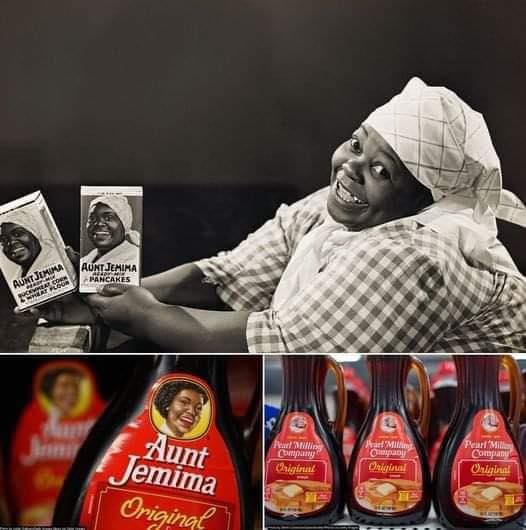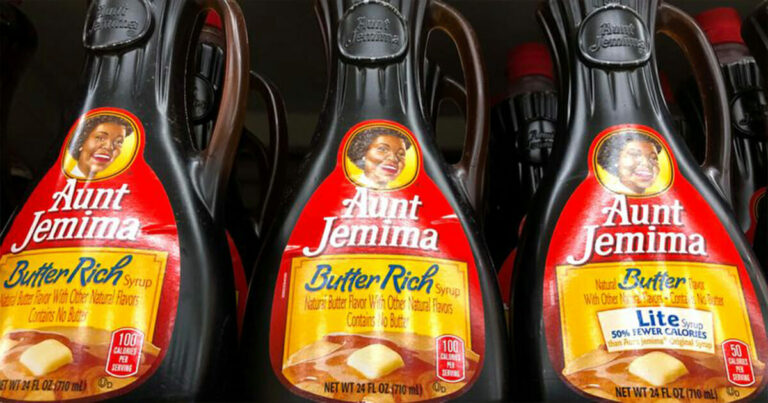The discontinuation of Quaker Oats’ “Aunt Jemima” brand in 2020 amidst the Black Lives Matter movement caused quite a stir. However, the choice was met with opposition from a great-grandson of “Aunt Jemima” himself, who believed that it would erase an important part of black history and the suffering endured by many.
Family Legacy and Personal Connection
Larnell Evans Sr., a Marine Corps veteran, voiced his discontent just one day after the announcement, stating, “This is an injustice to me and my family. This brand is a part of our history. After profiting from the pain of slavery for many years, the company now seeks to erase it.”

Evans passionately shared his thoughts, highlighting the irony that the racist imagery associated with the brand actually stems from white individuals. He emphasized that Quaker Oats profits from the images of slavery, only to now attempt to erase his great-grandmother’s history—a history that belongs to a black woman.
The History of “Aunt Jemima” and Nancy Green
The brand’s logo depicts Nancy Green, a once-enslaved woman, who Quaker Oats referred to as a “storyteller, cook, and missionary worker.” Green’s association with the “Aunt Jemima” brand dates back to 1893 when she served pancakes at the Chicago World’s Fair. After her passing in 1923, the company decided to continue using the name and image, ultimately leading to Anna Short Harrington becoming the face of “Aunt Jemima” in 1935. Larnell Evans Sr. claims that Harrington was his great-grandmother.
Contributions and Erasure
Evans sheds light on the immense contribution his great-grandmother made to the brand, serving as Aunt Jemima for over 20 years across the United States and Canada. He questions how it feels for him, as a black man, to witness the erasure of his family’s history, considering the significant role they played. Evans is deeply dissatisfied with the way in which the brand profited from racial stereotypes and conveniently discarded them once it suited their narrative. He particularly takes issue with the fact that Quaker Oats plans to remove the name entirely.
Corporate Responsibility and Compensation

Evans highlights the disparity of white corporations reaping profits without offering any compensation to the black individuals associated with the brand. The controversy surrounding the discontinuation of the “Aunt Jemima” brand has sparked wide-ranging discussions. Balancing the need to address and rectify historical wrongs with the desire to preserve and honor personal and cultural legacies is challenging. Evans’ viewpoint suggests that while the intention to eliminate offensive imagery is understandable, the execution might have overlooked the significance of the individuals behind the brand.
Reflecting on the Decision
This controversy underscores the importance of inclusive dialogue and consideration of all perspectives when making decisions that impact historical representation and cultural legacy. It also highlights the need for corporations to engage with and listen to the communities affected by their actions, ensuring that their approaches are respectful and comprehensive. The decision to retire the Aunt Jemima brand can be seen as an attempt to move away from the racial stereotypes that it perpetuated. Yet, it also raises questions about how best to honor and remember the individuals who were part of that history.
The discussions sparked by this issue reveal the complexities of addressing systemic racism while also preserving the legacies of those who contributed to historical brands. It is crucial for companies to navigate these challenges with sensitivity and a commitment to justice and equity.






